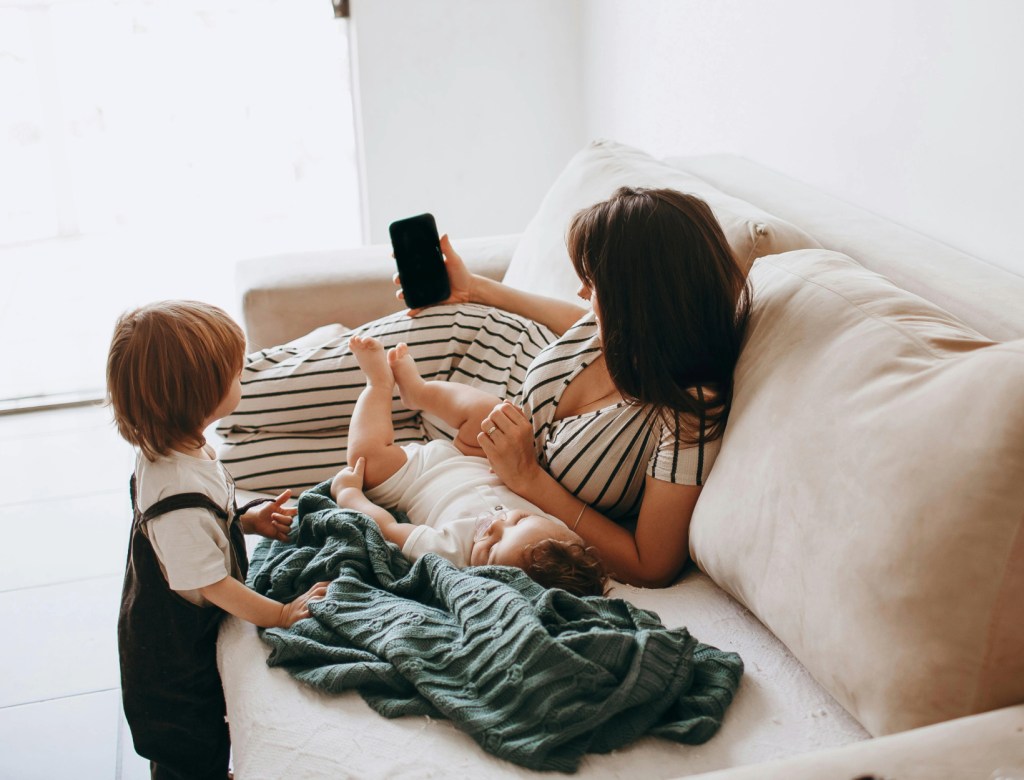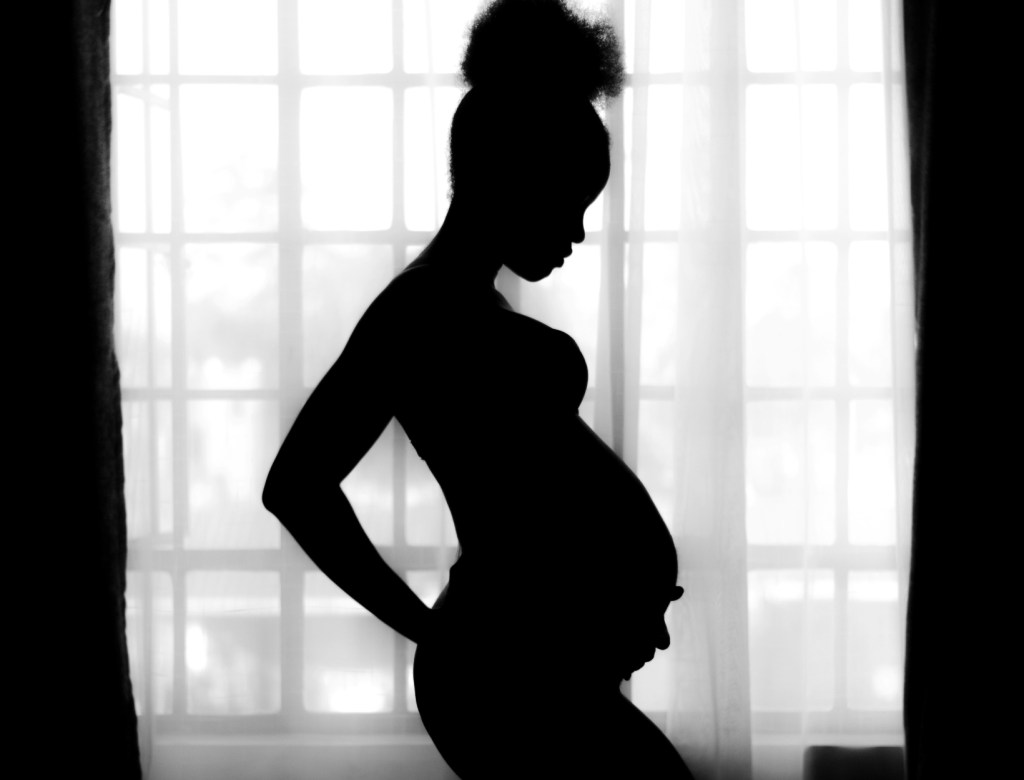Ditch the Mom Shaming. Here’s the Tea on Controversial Parenting Topics

Mom shaming is, unfortunately, still going strong in 2025. Whether it’s celebrity moms or everyday moms, the relentless criticism from the internet is impossible to escape. At least the criticism is equal opportunity, right? Whether it’s breastfeeding versus formula, organic versus non-organic food, or co-sleeping versus cribs, there are always controversial parenting topics to debate.
In a social media age where sharing opens Pandora’s box of unsolicited advice, the online mob never fails to ruthlessly pick moms apart for how they parent.
The truth is, opinions don’t matter. You should parent however works best for you. After Bedtime with Big Little Feelings cohosts Deena Margolin and Kristin Gallant dive into some hot-button parenting topics that social media loves to debate in a recent episode.
“Whether you co-sleep or sleep train, or you make organic, homemade muffins like Deena or you are more like me and you hit up the McDonald’s drive-thru, it doesn’t matter. What matters is regulation, connection, and repair. Whatever kind of parent you are, you are already doing better than you think,” Gallant says.
Here’s some controversial parenting topics that the internet loves to argue about. Parents, just remember, keep your cool and do what works for you.
Screen time for kids: What is too much?
One of the hottest and most controversial parenting topics is screen time. On one hand, kids using iPads or tablets can help them regulate and learn. But on the other hand, is it really beneficial for a child to stare at a tablet all day or whenever they have a temper tantrum?
Screen time looks different for every family. Margolin, who has two sons, treats screen time differently for each child. For her oldest, she didn’t allow him to use a tablet until he was 2 years old. For her youngest, by day three, she inducted him into the world of screens.
The American Academy of Pediatrics recommends no more than an hour of high-quality programming per day for kids ages two through five. For toddlers, too much screen time can be linked to language delays and sleep issues.
The truth is, what you are watching and how you are watching matters a lot. Watching high-quality media and having offline, screen-free moments of connection with your children can support learning, regulation, and human connection.
Margolin prioritizes screen time on the tv together with her kids. But sometimes, she gives her kiddos a little extra. “I will go over the ‘allowed’ amount of screen time suggested by the AAP sometimes on days when I am having a hard time. I am going to take a break and regulate myself if I’m struggling rather than yell at my kids. I’m not going to feel bad about it,” she reveals.
Co-sleep with your kids or put them in their own bed
Gallant and her husband didn’t agree about the controversial co-sleeping debate. Gallant, who suffered from severe postpartum anxiety after her first pregnancy eight years ago, chose to hold her baby constantly, which is called attachment parenting. Her husband, however, was very opposed to holding the baby 24/7 or bed-sharing.
Research says almost 50 percent of families will co-sleep at some point. But it’s perfectly fine to want to protect your bed as a sacred place for adult sleep. “It’s a beautiful idea. I love my kid so much and snuggling with them. I cannot sleep if another person is even remotely near me,” Margolin says.
To co-sleep safely, you have to learn. While it can support better sleep for some kids, it can disrupt sleep and intimacy for parents. The AAP recommends that infants sleep in the same room, not in the same bed, for the first six to 12 months due to the risk of Sudden Infant Death Syndrome. From there, it’s really up to you.
When lying to your kids is okay
White lies in parenting are sometimes a form of survival. Parents lie to keep kids calm, focused, or just to maintain their own peace and boundaries. Think: The park is closed. The iPad is broken. The ice cream truck plays music when it’s out of ice cream. Sorry, it’s really spicy; you wouldn’t like it.
What does research say about lying to your kids? Truth is a form of relationship building, and it builds trust. When you constantly lie to your kids, they are more likely to lie themselves and trust their caregivers less. Kids, as young as three, can discern inconsistencies in what adults say versus what they do, which impacts long-term trust and emotional security.
Lying to your kids can backfire later, but a reasonable amount of white lies that are developmentally appropriate—like Santa, the Easter fairy, and unicorns—can support their imaginations. So telling a white lie won’t ruin your kid, but use it sparingly and with care.
Stay-at-home mom versus the working mom
Being a stay-at-home mom is one of the hardest jobs in the world, arguably. With all the societal pressures, striking a balance as a mom is difficult.
“There’s so much shame, no matter what we do,” Gallant says. “We live in a culture that tells women you should be home with your kids, but also should contribute financially, but also you should be totally fulfilled by caregiving, but also you need to keep up with your body and your family.”
Good news—scientific studies have shown that there’s no difference in long-term cognitive, behavioral, and emotional development of kids of working moms versus ones that stay at home. As far controversial parenting topics, throw out the script of what society says you should do. Moms, you get to choose what works for you.
Read Next:
- Is the Maternal Instinct a Myth? Dr. Becky Kennedy—the Instagram Parenting Whisperer—Thinks So
- Kourtney Kardashian Shares a Room With Baby Rocky to Practice ‘Attachment Parenting’
- 10 Best Raising Good Humans Podcast Episodes




















Leave a Reply